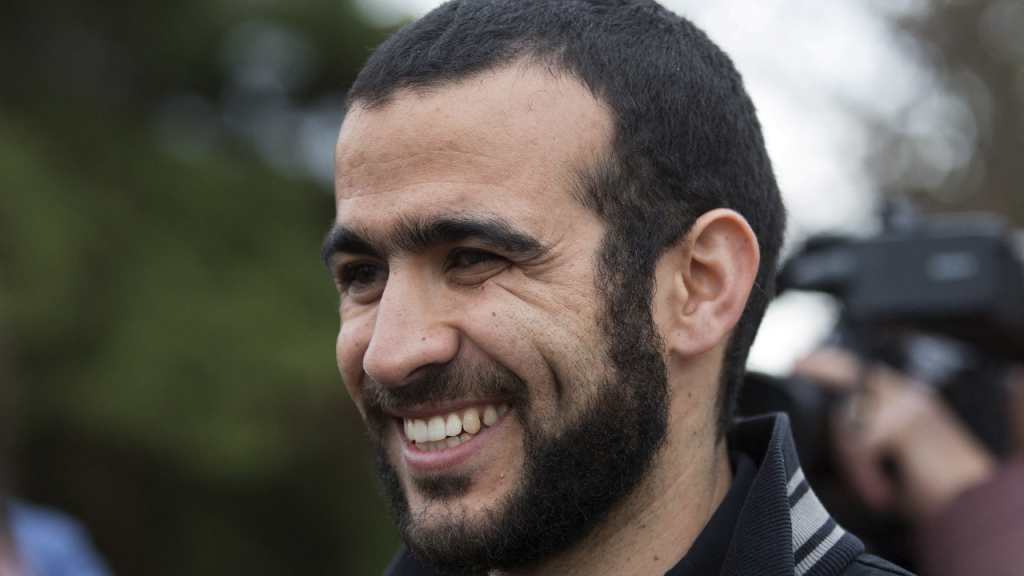In a recent decision, the U.S. Supreme Court rejected Omar Khadr’s attempt to vacate his convictions for the 2002 murder of an American soldier and other crimes he committed when he was only 15 years old. Khadr, a Canadian citizen and one of the youngest detainees at Guantanamo Bay, pleaded guilty in exchange for an eight-year sentence as part of a 2010 plea agreement. Despite waivers of his right to appellate review, Khadr continued to pursue dismissal of his U.S. convictions and appealed to the U.S. Supreme Court following a lower court’s refusal to hear his case.
Khadr was taken to Afghanistan by his father, a senior al Qaeda member, where he was apprenticed to a group of bomb makers and was involved in a firefight with U.S. forces that led to the death of Sergeant Christopher Speer, a U.S. Army medic. Khadr was gravely wounded and captured by U.S. forces at the age of 15. In 2007, he was charged under the Military Commissions Act with five crimes, including murder and providing material support to terrorism. Khadr pleaded guilty at the age of 24.
An important legal issue in Khadr’s case was whether he was bound by his agreement to waive his right to appeal, rather than whether his convictions should be immediately vacated. His lawyers argued that the convictions violated the U.S. Constitution’s prohibition on criminalizing conduct after it has occurred. The D.C. Circuit rejected Khadr’s appeal due to his waiver of appellate review, leading to his appeal to the Supreme Court. The Biden administration had urged the justices to reject Khadr’s appeal, which they ultimately did.
Khadr’s plea deal made the United States the first nation since World War Two to prosecute a defendant in a war crimes tribunal for acts committed as a juvenile. Khadr’s lawyers had unsuccessfully argued that he should be rehabilitated as a child soldier rather than prosecuted. In response to his case, Canada formally apologized to Khadr in 2017 and paid him $7.83 million in compensation. The Guantanamo detention facility was opened in 2002 to detain foreign terrorism suspects following the 9/11 attacks, and Khadr’s case was part of the legal complexities surrounding the detention of individuals involved in terrorism.
Despite the rejection of Khadr’s appeal by the Supreme Court, the legal issues surrounding his case raise questions about the treatment of individuals involved in terrorism and the rights of juvenile defendants in such cases. Khadr’s guilty plea as part of a 2010 agreement affected the legal proceedings and the waivers of his right to appellate review, leading to the Supreme Court’s decision. The implications of Khadr’s case also highlight the challenges of prosecuting individuals for acts committed during a time of conflict and the complexities of legal systems in handling cases involving international terrorism.


